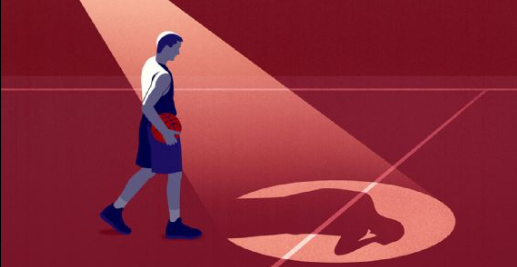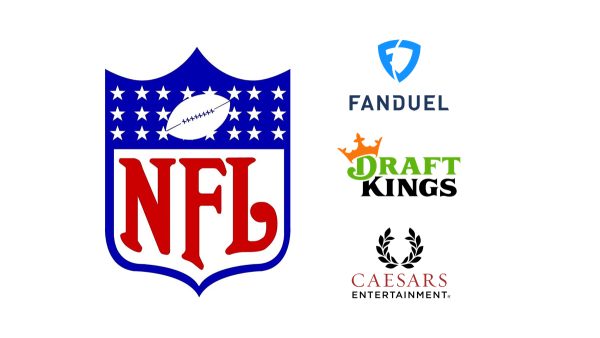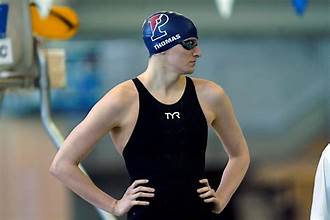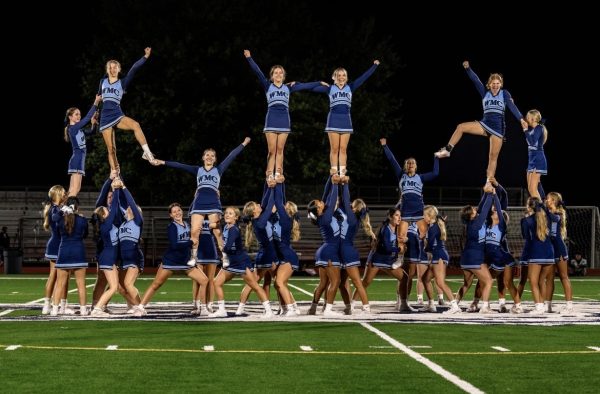The Rival Within Us: Mental Health in College Athletes

Photo courtesy of ESPN
Last spring, we lost at least five college athletes to the hidden opponent faced by many high level athletes: mental health struggles.
As a high school student-athlete, I have first hand experience with feelings of pressure to perform and stress over competing at a higher level than my friends. Unfortunately, I’ve also watched teammates struggle with drug and alcohol addiction as a way to cope with feelings of depression, anxiety, and burnout. I believe my friends could have dealt with their struggles in a healthier way if they sought out help from a trained professional. But like the majority of high school and college athletes, they struggled in silence and fought a battle that one cannot fight on their own. The stigmas surrounding mental health in athletes are at a high and death by suicide is becoming an epidemic for college athletes. While college athletes have adapted to the stressors of competing at a high level, there are still many factors that contribute to serious mental health issues in both female and male athletes who are not receiving enough mental health support from their schools and athletic departments.
According to the American College of Sports Medicine, about 30% of women and 25% of men who are student-athletes report having anxiety, however a recent survey administered by the National College Athletics Association (NCAA) showed that only 48% of women and 46% of men agreed that they would feel comfortable seeking support on campus.
In addition to experiencing a lack of support from their schools and athletic departments, the NCAA student-athlete survey also suggested that athletes don’t feel as if their mental health is a priority to their coaches. Only 59% of men and 50% of women agreed that their coaches take their mental health seriously.
Ari Miller, Assistant Director, Student Athlete Mental Health and Performance at Johns Hopkins University shared his school’s solution to help fix that problem: “We’re also having all of our coaches go through mental health first aid certification.” If coaches are trained to identify signs of depression, severe anxiety, burnout, eating disorders, and potential suicidal ideation, then they can help their athletes get the support they need. Also, in order for student-athletes to feel more supported by their athletic departments, schools should have mental health counselors and psychologists specifically for athletes within their athletic departments for easier access to sports specialists.
Athletes who are seen to be “living the dream” are so scared to admit they are struggling that some would rather die to avoid being seen as weak. The highlight reels and smiles on the field are only a fraction of a college athlete’s life. If we only gave as much attention to the “lowlight reels” as we did to the highlight reels, then lives could be saved.

Tori is a sophomore and English II Honors student at WMC. This is her second year writing for The Paw and she is excited to explore journalism and publish...











